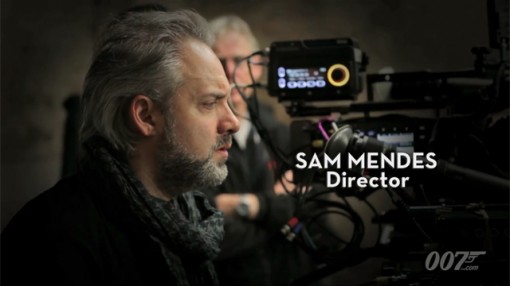
The Alfred Hitchcock Wiki is a good place to start if you want to find out more about Hitchcock and his film Psycho.
According to Den of Geek, Hitchcock came to define entire genres of cinema in a career that spanned over 50 years and over 50 films. His body of work – not to mention his rotund body itself – is both immense and iconic, full of tense thrillers, psycho-dramas and adventure flicks that were not only wildly popular at the time, but inspired both critical re-evaluation and whole new generations of filmmakers in ensuing years.
The French New Wave critics picked Hitchcock as a prime example for their auteur theory, a way of reading films that highlights the creative authority of the director over all other influences.

Den of Geek believe that Psycho is one of the top 10 Alfred Hitchcock films and say:
Psycho is an undisputed horror classic. Its impact is only slightly diminished by the fact that almost all of its iconic moments have been parodied, sampled and ripped off time and again for the last 50 years. Bernard Herrmann’s razor-sharp string arrangements, Anthony Perkins’ genuinely creepy turn as the shy, charming killer Norman Bates, and Janet Leigh’s grisly murder in the shower are all very familiar even if you’re not a horror aficionado, but it is essential viewing nonetheless.
Shot on a much smaller budget than Hitchcock’s previous films, and using the close-knit crew he’d groomed on his Alfred Hitchcock Presents television show, Psycho was a lean, effective, and inspired thriller that arguably gave birth to a genre of its own. And it paid off.
Made for a mere $800,000 – less than a quarter of the cost of its immediate predecessor North By Northwest – Psycho grossed upwards of $30 million over its extended run, and provided Universal with a property it has continued to milk to this day. But, more than anything, it served as Hitchcock’s most daring riposte to the Production Code, delivering an edgy, thrilling film that dealt with horrific matters intelligently and artfully. When twinned with similar films of the period, such as Otto Preminger’s Anatomy Of A Murder, it helped sound the death knell for Hollywood’s most conservative institution.
Read more: http://www.denofgeek.com/movies/22201/the-top-10-alfred-hitchcock-movies#ixzz2QPrrLmyD






